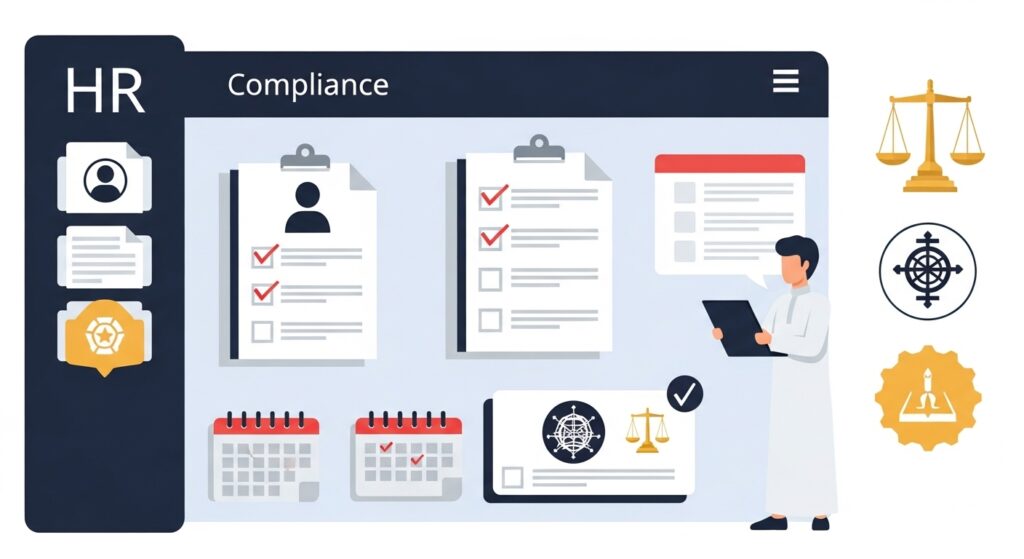
Digital Transformation: How Daysum’s ERP Solutions Enhance Your Business
In today’s fast-paced world, digital transformation is essential for businesses looking to stay ahead of challenges and gain a competitive edge. ERP systems are at the forefront of this transformation, integrating business processes across departments. Daysum is dedicated to providing integrated ERP solutions that help Saudi companies improve efficiency and quickly adapt to market demands. Looking for a reliable gold inventory system? Daysum offers full control over stock, pricing, and compliance. What is Digital Transformation and Why Is It Important? digital transformation refers to adopting technology to improve business processes, boost performance, enhance innovation, and increase operational efficiency. This transformation is crucial for companies that want to stay competitive in the evolving market and leverage new technologies to succeed. The Role of ERP Solutions in Digital Transformation An ERP system integrates data and processes across various company departments into one unified platform, enabling businesses to manage operations effectively and gain a comprehensive view of their activities. Daysum’s ERP solutions support Saudi businesses in: 1. Streamlining Operations and Achieving Integration Daysum’s ERP solutions help businesses integrate functions like finance, HR, and inventory management into a single system. This integration improves data flow, enabling managers to make informed decisions based on real-time information. 2. Boosting Operational Efficiency and Reducing Costs With Daysum’s ERP system, businesses can minimize operational costs by reducing manual errors, optimizing resource management, and improving overall efficiency. 3. Improving Data Access and Planning ERP systems allow employees to access and update data in real time, enhancing planning processes and boosting productivity across the organization. Benefits of Digital Transformation for Saudi Businesses Adopting digital transformation helps streamline daily operations and improve overall performance, enabling businesses to stay competitive in a fast-changing market. The benefits of digital transformation include: Make the switch to smarter, faster business with modern e invoicing software. Why Choose Daysum’s ERP Solutions for Digital Transformation? Daysum offers a comprehensive suite of ERP solutions that support Saudi businesses in transitioning to a fully integrated digital environment. Our solutions are backed by cutting-edge technology, robust security features, and continuous technical support, ensuring business continuity and smooth operations. Ready for digital transformation? Contact Daysum today to learn how ERP solutions can improve your business operations and achieve your objectives. How to Begin Your Digital Transformation Journey with Daysum? Getting started is simple. Reach out to the Daysum team to assess your company’s needs and evaluate the best ERP solutions. Here’s how we guide you through the process: Take the First Step Today: Get a free consultation with the Daysum team and begin your digital transformation journey. In the digital age, ERP solutions are key to driving business success and sustainability. Daysum’s ERP solutions help Saudi businesses improve efficiency, integrate operations, and enhance their competitive position as part of their overall digital transformation strategy. Additionally, by utilizing tools like the gold karat conversion calculator, businesses can gain accurate insights into their gold investments, further supporting their financial decision-making. Don’t miss the opportunity to invest in your company’s future with Daysum. Contact Us Today: Discover how Daysum can support your company in successfully navigating digital transformation.









